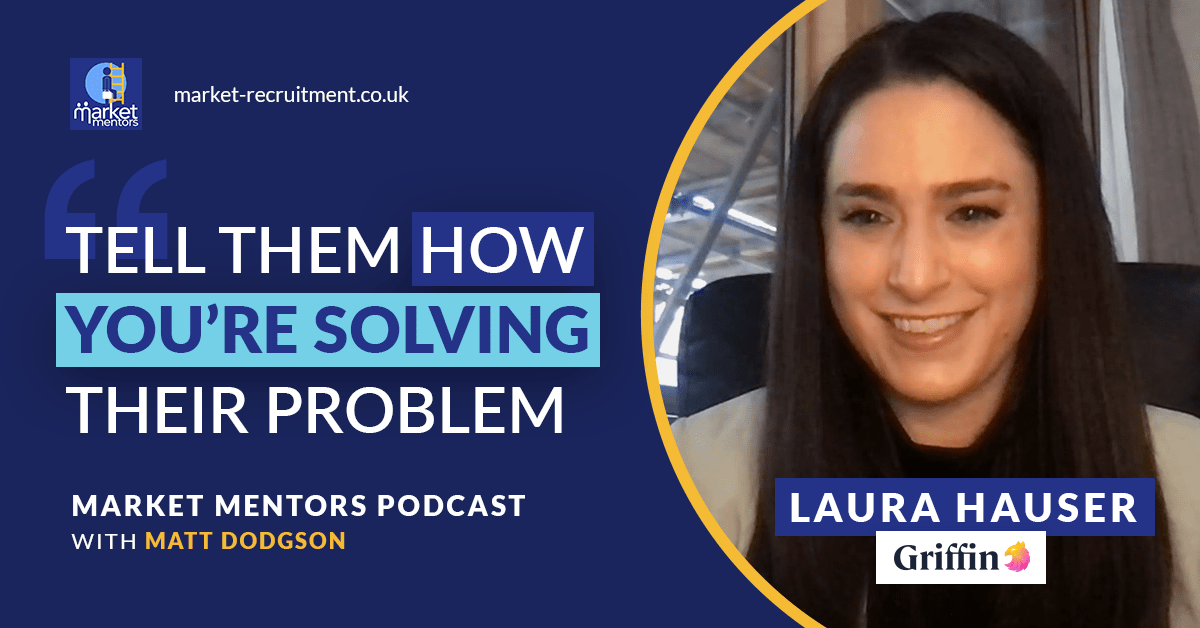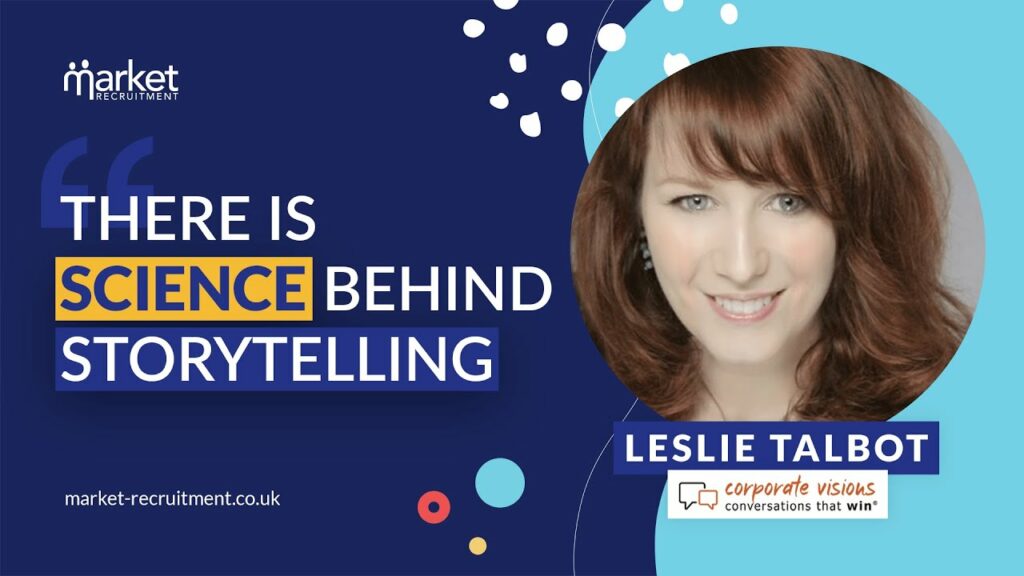
When hiring B2B marketers, some businesses tend to put too much emphasis on finding people with experience specific to the position in question. This week’s guest is here to demonstrate why you should always give marketers the chance to transfer their skills and knowledge into new roles or industries.
In this episode, Laura Hauser tells Matt Dodgson about how she’s built a successful marketing career by mastering several specialist disciplines at different stages of her development.
Who they are: Laura Hauser, VP of Marketing at Griffin.
A bit of background: For over 15 years, Laura has worked across a range of specialist marketing disciplines, from PR to content to product marketing, in marketing agencies, small tech start-ups as well as global brands. Her experience has included helping to scale businesses such as AdRoll, Atlassian, and Adaptavist.
Where you can find her: Connect with Laura on LinkedIn here.
Here you’ll find some of the best advice from the podcast that you can easily digest and learn from.
As someone who has had several different specialist roles at different stages of her marketing career, Laura is the ideal person to ask about this common conundrum for marketers.
She explained, “For me, personally, going into niche roles at different points of my career has been extremely helpful. It’s given me a background and a learning platform on different aspects of marketing that have helped me start teams and start marketing functions in both small and bigger companies.”
Previous guests on our Market Mentors Podcast have discussed the importance of having specialist marketers for specialist roles as well. However, Laura also said that she believes you should always make your own choice based on your own unique circumstances.
“I think it’s really up to the marketer and their career,” she said. “The advice I would give is, don’t be afraid to specialise and don’t be afraid to generalise. No matter if you go down one path, there are always opportunities to take that experience and apply it to different roles, especially within marketing.”
So, whatever career path you decide to take in the short-term, it’s never too late to adapt your skills or go in a new direction later in your career.
With that in mind, Laura added, “Just don’t get too caught up in, ‘I’m going to always have to be a content marketer, or I’m always going to have to be a product marketer.’ There’s so much fluidity in terms of the user experience, so it’s really about applying that and telling the right story, which hopefully we should be good at as marketers.”
We all know that creating a meaningful connection with your target audience is key to achieving success in marketing. Of course, we also know this is much easier said than done.
Laura advised to keep things as simple as possible, even if the product or service you’re selling is complex, or the target audience you’re trying to resonate with is particularly technical.
She explained, “At the end of the day, you really just need to be clear and concise, and really get to the heart of what the product does. Especially with technical audiences, cut the BS, and just tell them how you’re solving their problem.”
“Whether the potential customer is technical or not, they want solutions to their problem and they want to get there as quickly as possible. So, when you’re building out marketing plans, or messaging, or content, don’t be afraid to just say what it does in the simplest terms possible. Because even the smartest people, you don’t want to make them work for it.”
Digging deeper into this, Laura suggested that it’s actually a mistake businesses make far too often, especially those who are marketing a technology-based product or service.
She continued, “Probably one of the biggest lessons of my career is that there can be an apprehension to simplify the complex. Because the team has spent so much time, energy, and has put in so much technical innovation to solve this problem. Sometimes when we simplify, it can feel like it’s not really speaking to the true power of the technology.”
“But if you put yourself in the shoes of the customer, really, they just want their problem solved. They want to do things quicker, faster, with less effort, or they want to explore new ways of approaching old problems. Getting to the heart of that, and being as simple as possible, is really key.”
“I’m a firm believer that clear and concise will always trump sounding clever,” added Laura. “And that’s not to say you can’t have clever campaigns, especially when it comes to thought leadership. But it’s finding the right time and place, at the right stage in the user journey, to do that.”

To learn how to use the science behind storytelling to connect with your target audience and make your own marketing more effective, listen to a related podcast episode here.
Another common debate in the marketing landscape today is whether you need to be an expert in the industry you work in, or if you just need to be an expert in marketing.
Laura told us, “My personal view is it’s not that important. And that’s not to say that there aren’t certain roles where it is important. Or not to say that it isn’t extremely helpful, especially in those first three to six months while you’re onboarding. But, if you have a passion for learning, and you can immerse yourself in a new industry, it’s easy to start building up both credibility and understanding of the space. It allows you to take a bit of a nuanced view, because you’ve had experience outside that industry.”
Perhaps then, sector-specific experience isn’t as important as some businesses would have you believe, as long as you have the necessary marketing skills and expertise to be effective in the role.
As someone who has moved sectors in her marketing career and grown marketing teams at a large scale herself, Laura added, “I would hire someone who is clearly a great marketer, and thinks from the perspective of the customer, over someone who knows the industry inside it out.”
“It’s going to be different for every company, but I’m a firm believer that you can learn any industry, as long as you have the skill-set that it takes to be a good marketer in different aspects of marketing. Having domain knowledge is really helpful, but having a passion for learning, and the ability to immerse yourself, learn, and really gain exposure to a new industry and being open to that will always win.”
Subscribe to our fortnightly newsletter to hear about our latest podcasts, blogs, career advice & jobs.